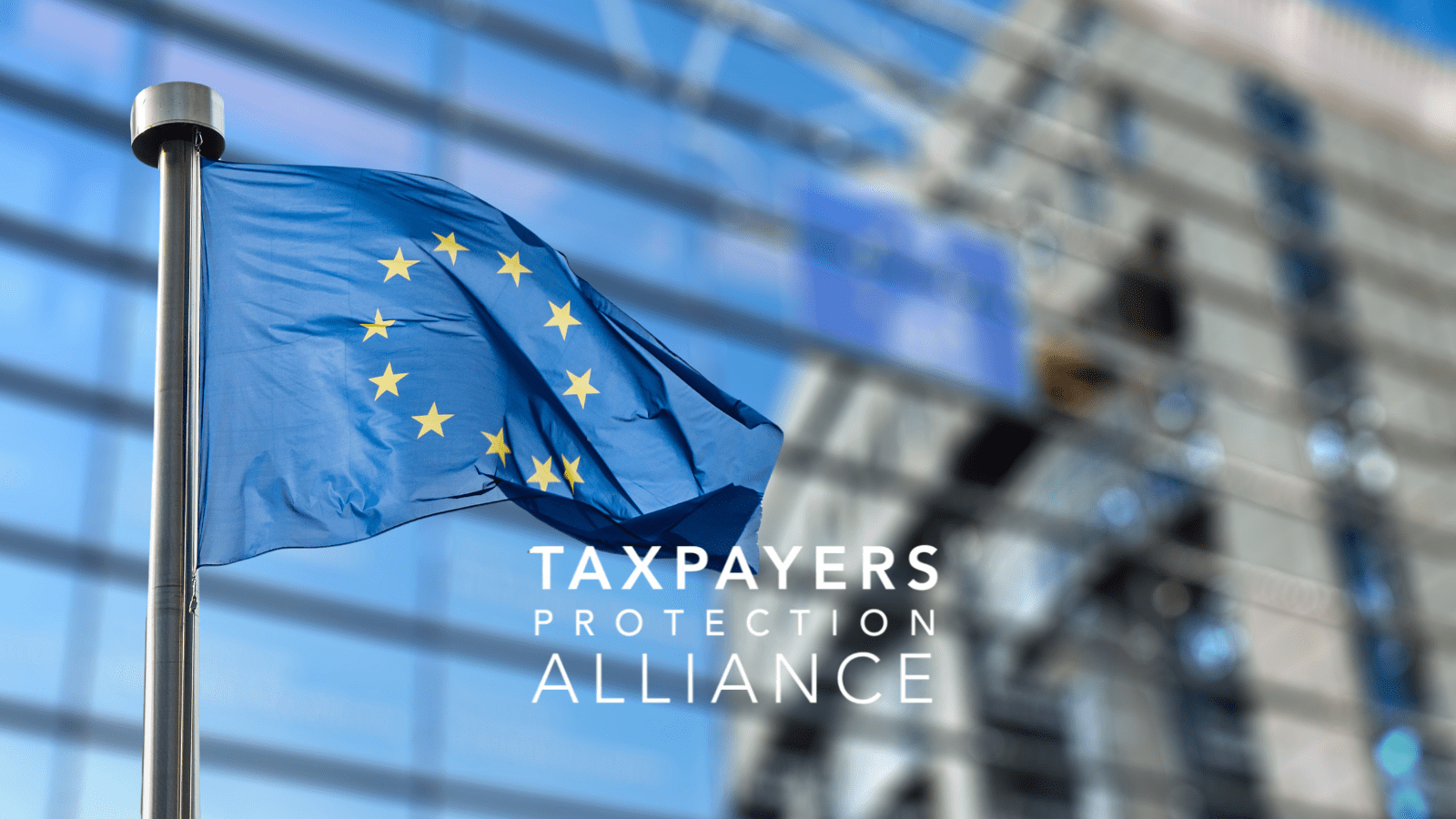
The Consequences of Europe’s Tech-Policy Overreaches
David B McGarry
August 20, 2025
Europeans have found tech policy to be a fraught endeavor. Eager to regulate, lawmakers and bureaucrats in the United Kingdom (UK) and European Union (EU) have smothered the innovative energies of companies and, as importantly, harmed their citizens. American entrepreneurs, meanwhile, permitted to do business and to experiment in comparative freedom, have built the world’s leading technology sector. One must journey eight places down a list of the world’s largest tech companies by market capitalization before finding a non-American firm, and 13 places before finding a European one. Of the largest 25 firms, the United States claims 18; Europe, only two.
Upon implementation, the lofty theories of technocratic regulators experience ugly collisions with the intractable facts of economics and technology. Bad regulation — no matter how idealistic or intricate — fails invariably to achieve its intended ends and impose numerous unintended consequences. Already, some continentals have begun to realize this fact.
Moreover, bad regulation incites equal and opposite political reactions, and Europe has begun to encounter such reversals.
Tech Companies Push Back
American tech companies have begun to resist and retract from European markets. In 2024, Apple delayed offering new features to Europe, citing regulatory difficulties stemming from the Digital Markets Act.
Recently, Meta has announced its intention to withhold its corporate signature from the General Purpose AI Code of Practice. “Europe is heading down the wrong path on AI,” Joel Kaplan, Meta’s chief global affairs officer, wrote. “We share concerns…that this over-reach will throttle the development and deployment of frontier AI models in Europe, and stunt European companies looking to build businesses on top of them,” Kaplan added.
Private enterprise ordinarily prefers to avoid scuffles with regulators. Fending off lawsuits is expensive, after all. Moreover, from a firm’s chummy entanglements with lawmakers and bureaucrats spring the opportunity to direct the crafting of regulation in its own interest. What James T. Flynn wrote of the Great Depression era applies generally to relations between industry and government: “This was not a struggle to shift the control of industry from the government to industry itself,” he wrote. “Industry wanted not freedom from regulation but the right to enjoy regulation.” Business interests want certainty, accommodating regulation, and access to receptive policy makers — and to obtain these things, they will compromise. Go along to get along, as the phrase goes.
Europe has discovered that industry’s indulgence can be expected only so far. Regulators now demand not more than compliance with certain inconvenient regulatory particulars; the fundamentals of European regulation render basic elements of tech companies’ operations illegal. To this, the tech companies cannot and should not acquiesce.
The Fight for Encryption in the UK
Europe has also proven quite hostile to digital civil liberties. In the UK, regulators have worked to compromise — if not mortally wound — user privacy. The Taxpayers Protection Alliance reported earlier this year:
Despite its departure from the EU, the United Kingdom has also embarked on a dangerous and anti-consumer tech policy. In January, a U.K. agency ordered Apple to provide officials access to encrypted cloud-stored user data. Not content merely to snoop on its own citizens, the officials also seek access to the data of not just U.K. citizens but of users worldwide. To be quite clear, without secure encryption, users lose a substantial degree of privacy. Once flung open, such “backdoors” to encrypted data become accessible to cybercriminals as well as law enforcement. Moreover, granting the government indiscriminate access to all digital data would vitiate the principles of privacy and protection from wanton state snooping — principles that, while embodied in the Fourth Amendment, originated in the English legal tradition.
Apple challenged the order and, in the interim, withheld the affected services from UK users.
Now, according to the Financial Times, UK regulators are in retreat. Unnamed senior UK officials say that the President Donald Trump’s administration — notably Vice President JD Vance — has resisted the January order and seems poised to have its way. “This is something that the vice-president is very annoyed about and which needs to be resolved,” an official told the Financial Times. “The Home Office is basically going to have to back down.”
Vance’s campaign seems to have found success. “[T]he UK has agreed to drop its mandate for Apple to provide a ‘back door’ that would have enabled access to the protected encrypted data of American citizens and encroached on our civil liberties,” Director of National Intelligence Tulsi Gabbard announced on Monday. This proof of concept — demonstrating the capacity of the U.S. government to resist and roll back foreign regulatory overreach — ought to fortify the confidence of the Trump administration as it seeks to make international tech markets (relatively) free and preserve the civil liberties of American users.
Should the EU and UK persist in crafting and enforcing ill-conceived regulation, innovation on the eastern shores of the Atlantic Ocean will continue at the current sluggish pace. European consumers will continue to suffer. But nobody should expect American tech companies and political leaders to go gentle into the night of technological obscurity.
